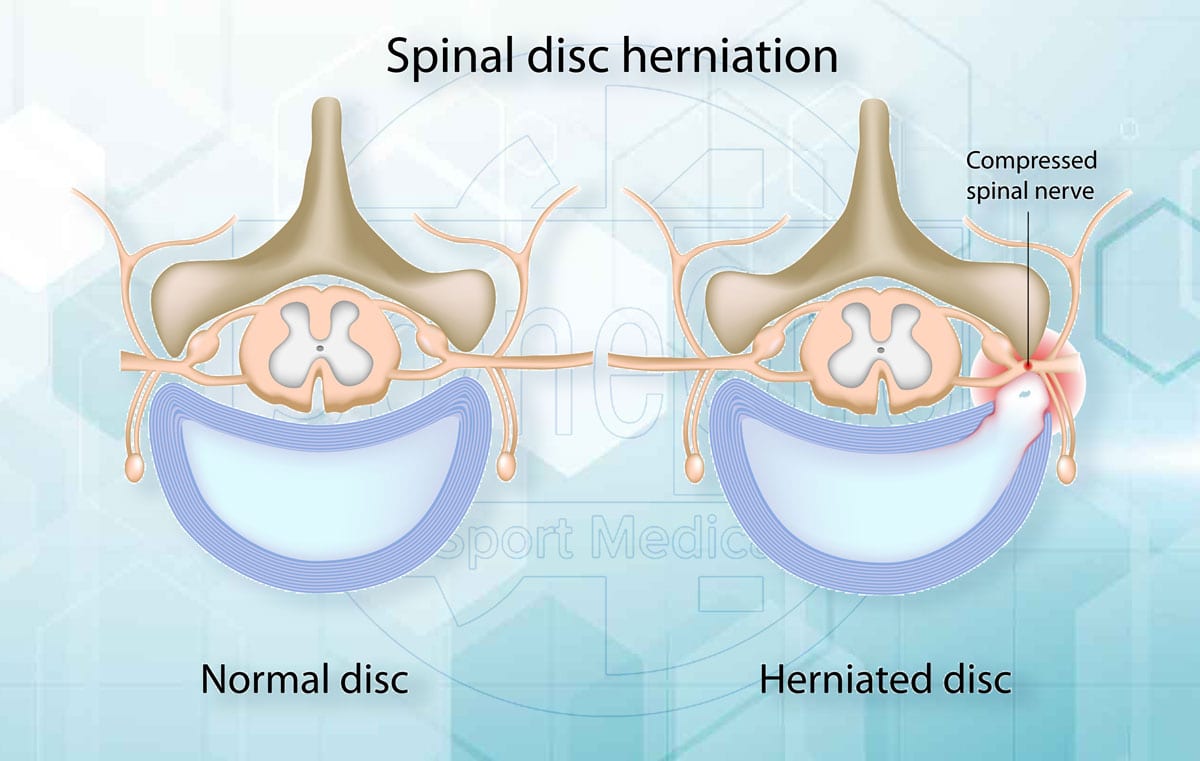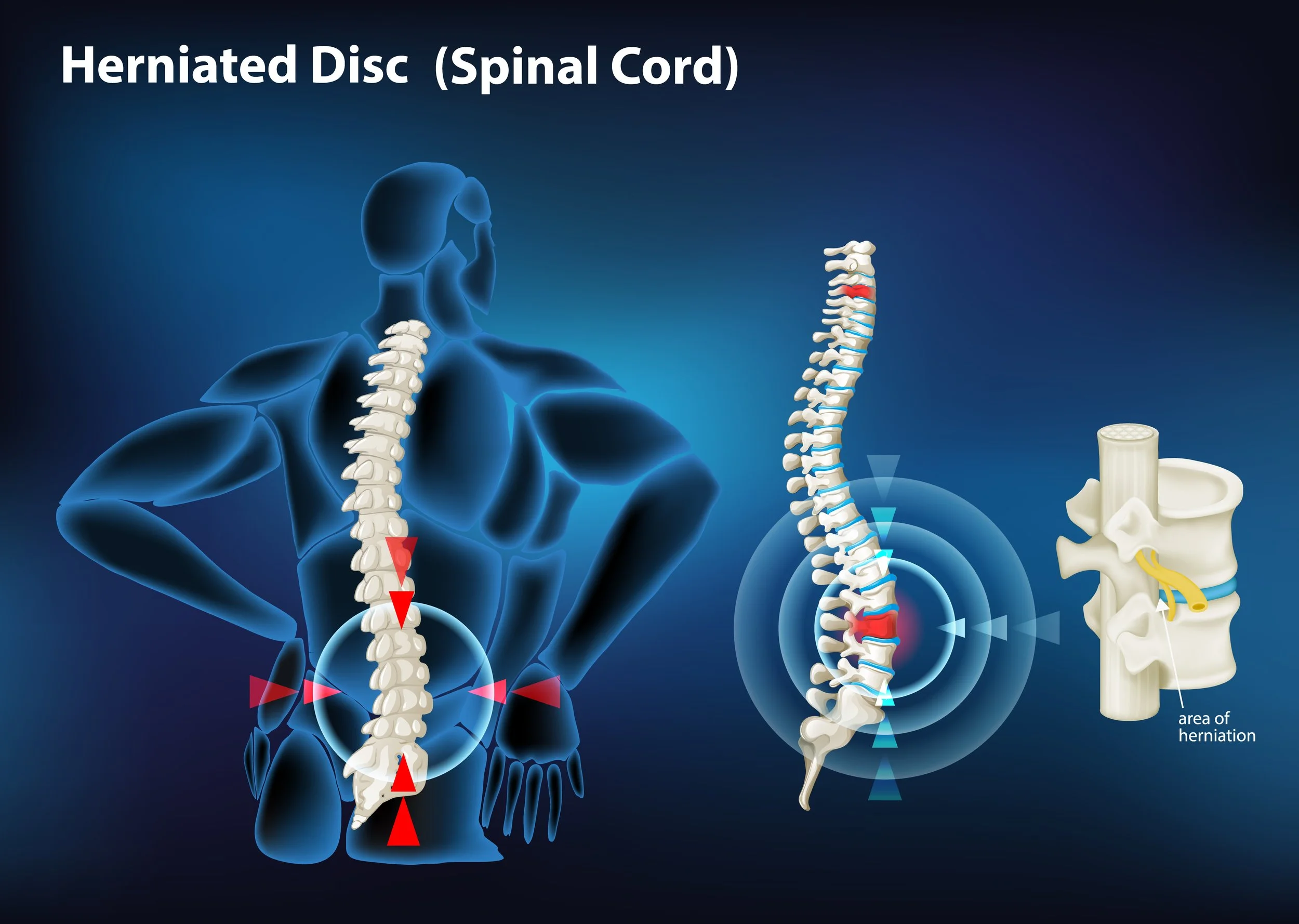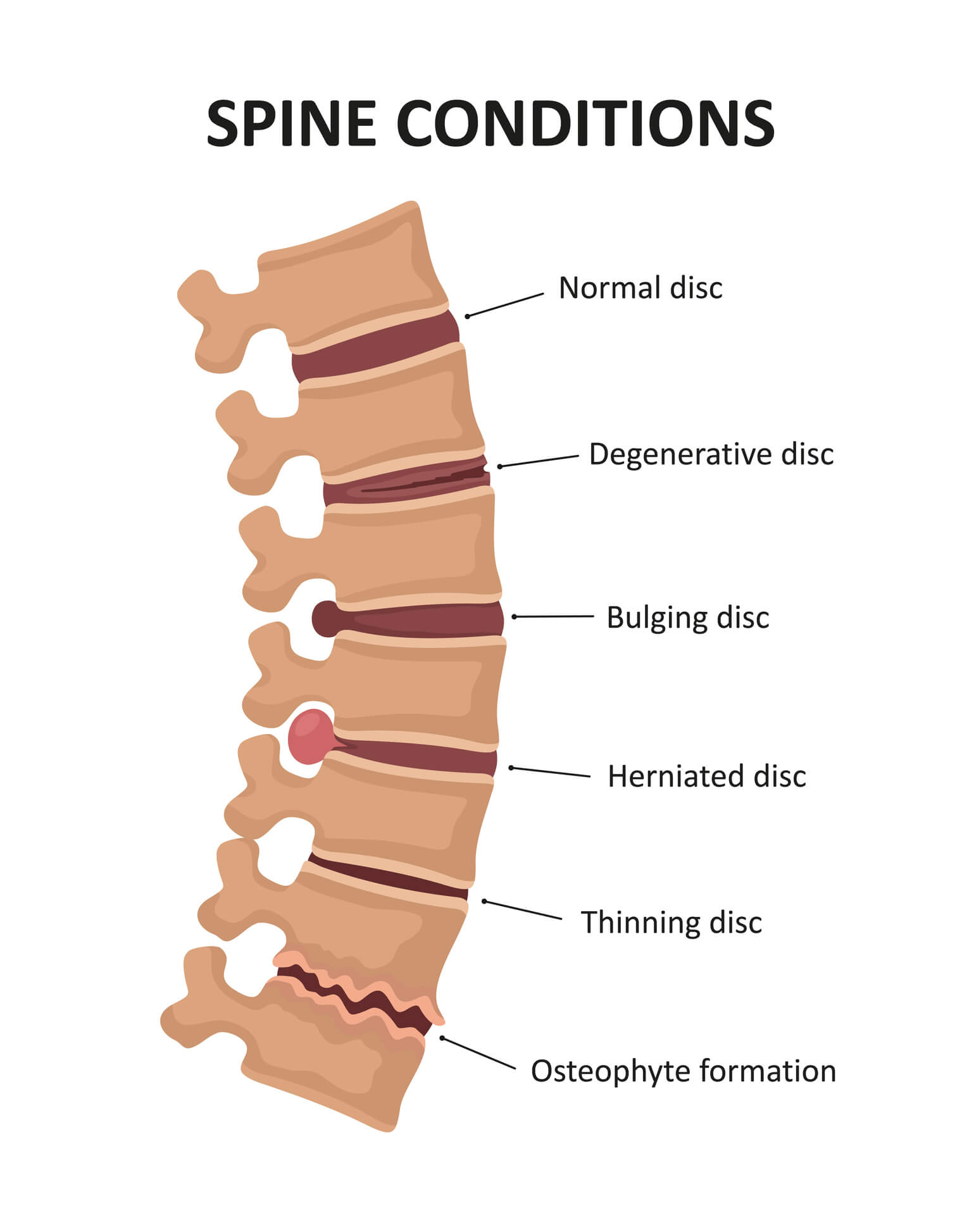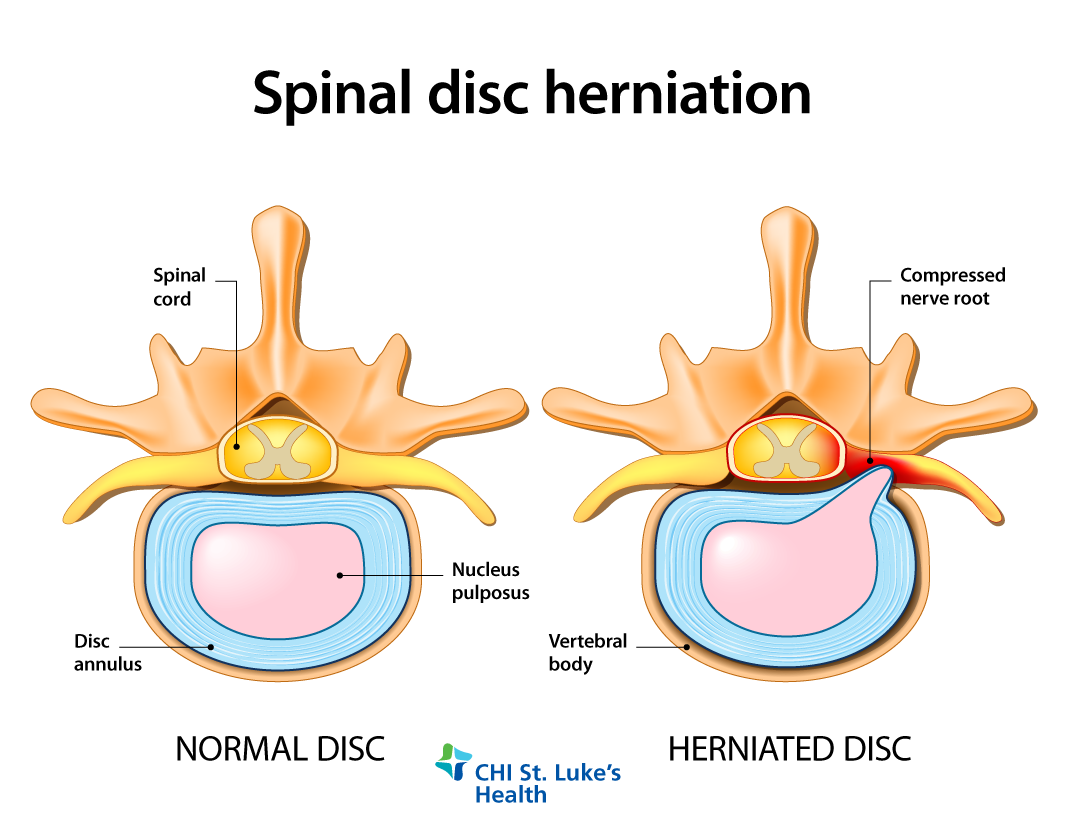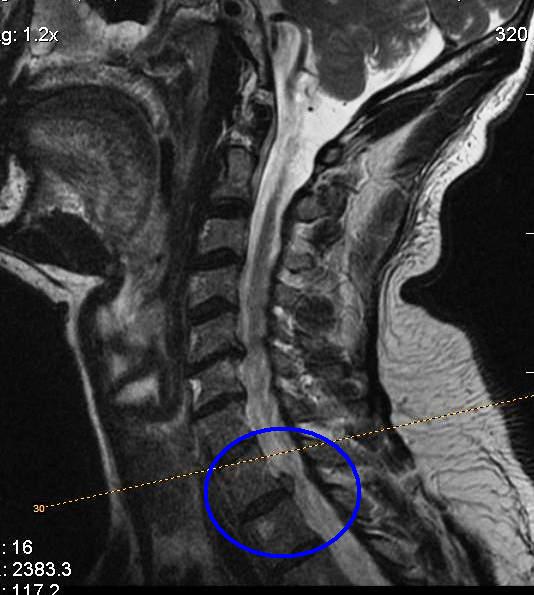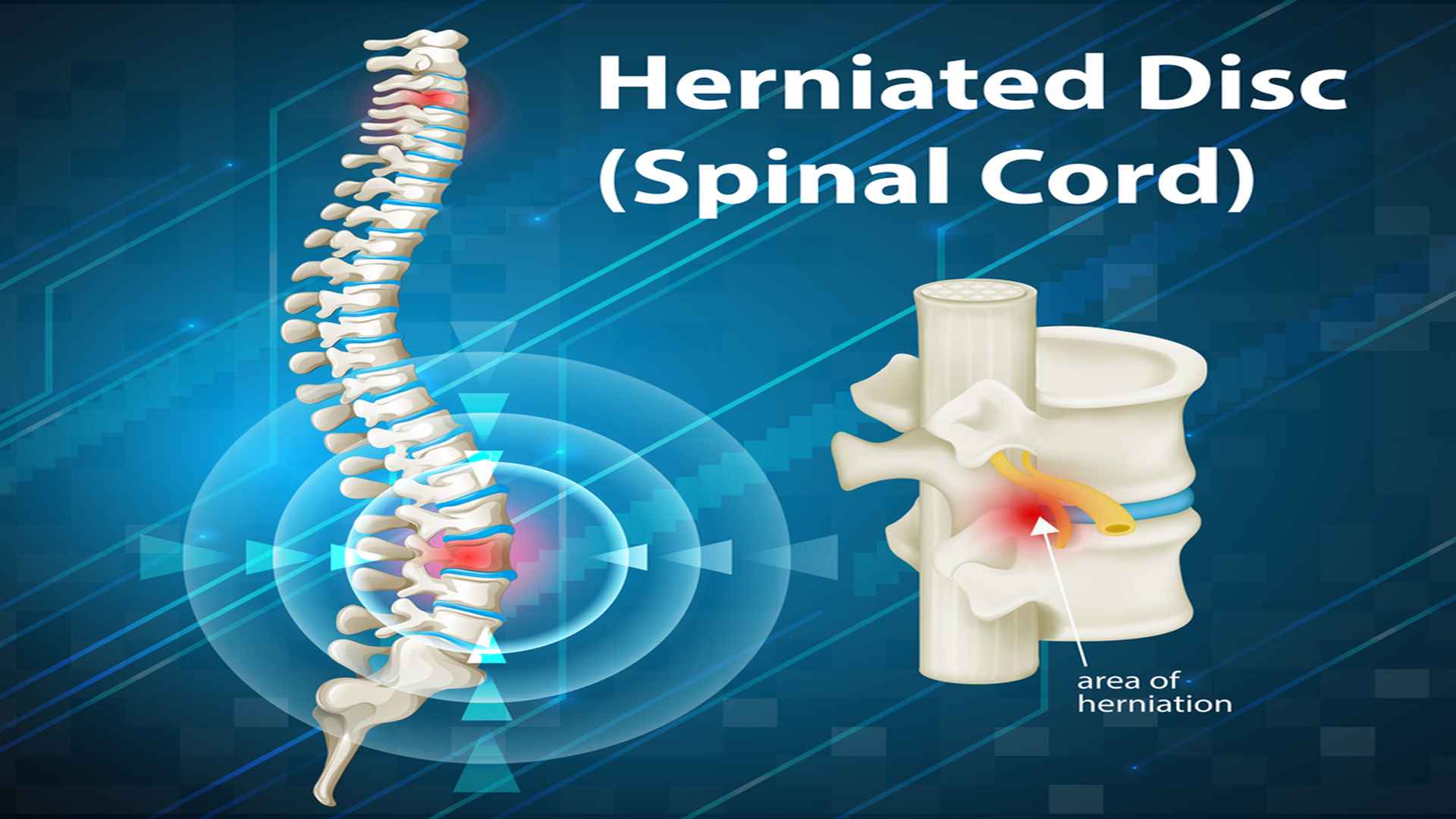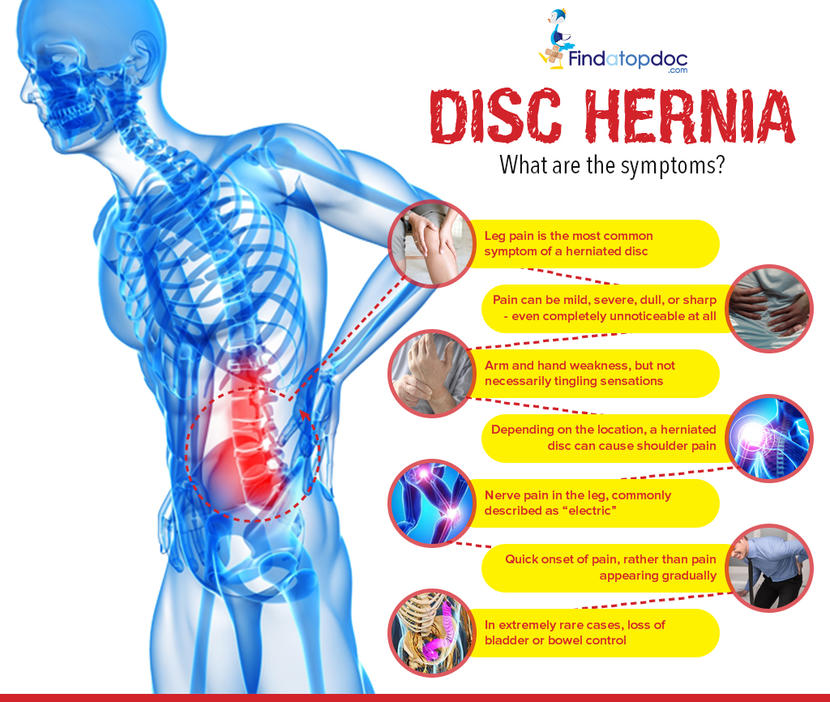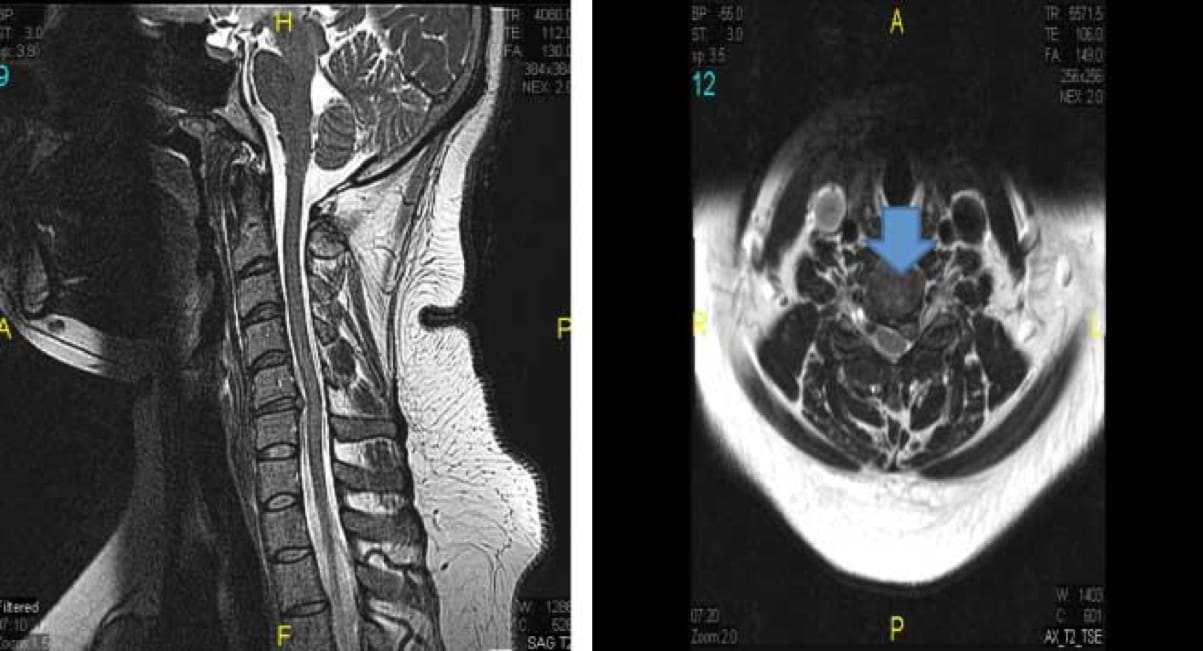Matchless Info About How To Tell If I Have A Herniated Disk
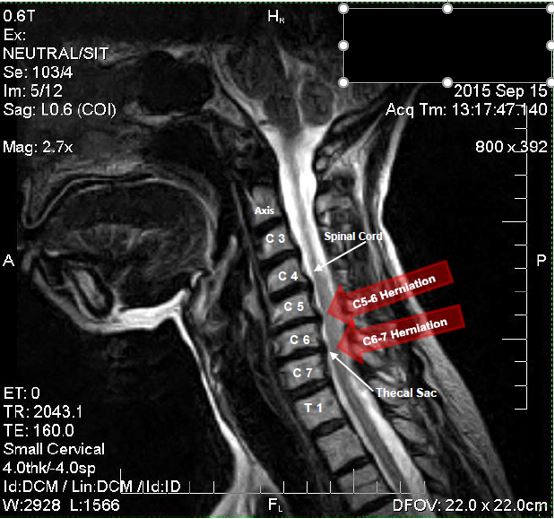
This usually is the only test you’ll need to.
How to tell if i have a herniated disk. (yes we know it’s weird, but bear with us.) you have 24 disks in your spine. Here are 3 unique signs of a herniated or protruding disc to help you identify the underlying cause of your lower back problem: This can happen when a herniated disk presses on the spinal cord or the nerves that exit the spinal cord.
Most disk herniations happen in the lower lumbar spine, especially between the fourth and fifth. If it is pressing on a nerve, there may be pain, numbness or weakness. One of the simplest ways to understand a herniated disk is to think about a jelly donut.
Herniated disks often affect one side of the body. If your herniated disk is in your lower back, you'll typically feel pain in. See diagnosing disc problems.
How is a herniated disk diagnosed? This can cause pain, weakness, numbness, or changes in sensation. Notice if your pain radiates along your lower back or buttocks only.
A herniated disk is an injury of the spine (backbone). While it might sound worrisome, it is not an uncommon. Signs your herniated disc is healing.
Most herniated disks occur in the lower back, but they also can occur in the neck. Often, the most severe neurological symptoms of a herniated disc feel better first. When you have pain in your neck or upper back that you’ve never felt before, you might have a herniated cervical disk.
Pain in your buttocks, thighs, calf, even your foot, numbness or tingling. The unusual sensations may travel. The best way to tell if you have a herniated disk is to see your doctor.
You have a series of bones (vertebrae) in your spine, stretching from the base of your skull to your tailbone. A muscle strain will cause pain that is localized to 1 part of your body. Symptoms depend on where the disk is sitting and whether the disk is pressing on a nerve.
This pain is typically felt toward the back or side of the neck. This pressure against the outer ring may. It can range from a mild pain.
Numbness or tingling in your shoulders, back, arms, hands, legs. Injury or weakness can cause the inner portion of the disc to protrude through the outer ring. If the herniated disc is not pressing on a nerve, the patient may experience a low backache or no pain at all.
